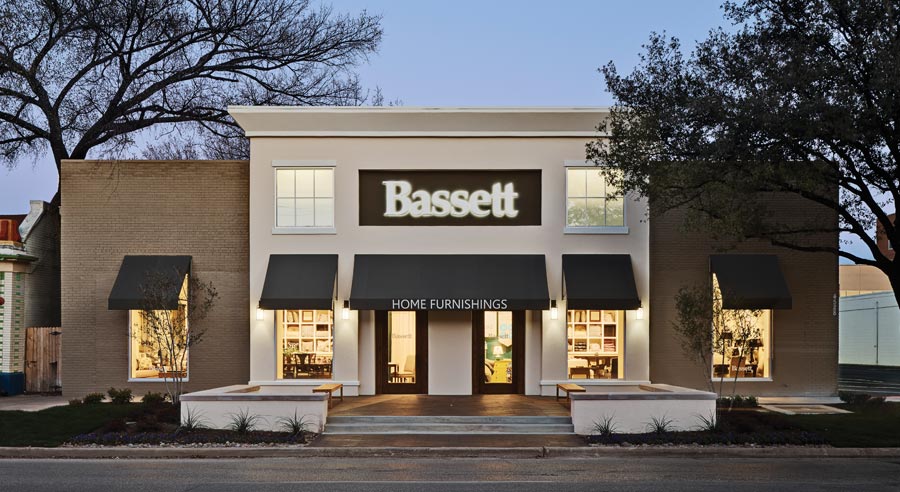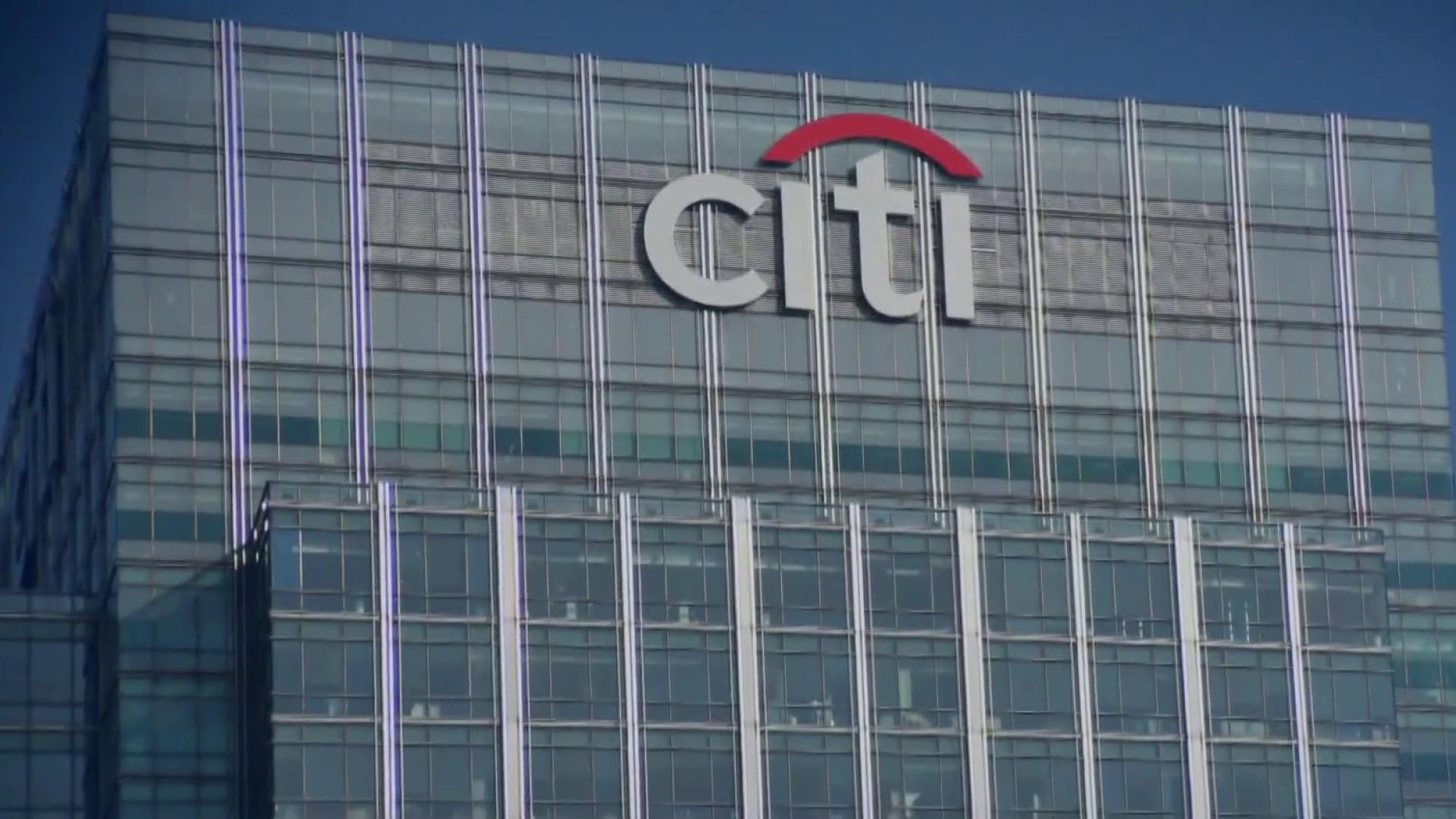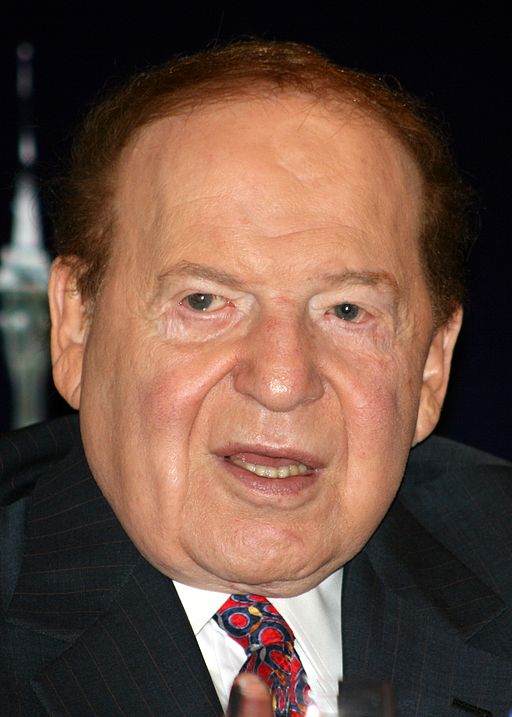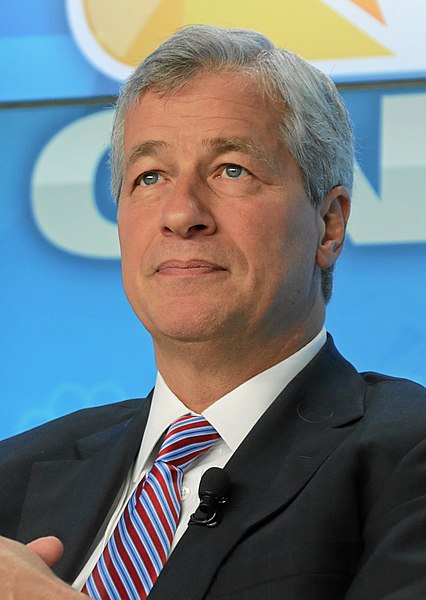Bassett Furniture (Nasdaq:BSET), a furniture manufacturer and retailer with a market cap of $230 million, and annual sales of half a billion dollars, is one of the worst performers of the home goods group. With its October 16 close of $21.42, BSET is down over 43% year-to-date.
And here’s something you don’t often see: Bassett stock has declined for 11 months in a row.
Continuing the series on the greatest insider trades: On October 15, 2018, Citigroup (NYSE:C) reported Q3 2018 EPS of $1.73 on revenues of $18.39B, generally in line with expectations. Trading near $70, Citi has a market cap of $175 billion, and is one of the premiere U.S. financial institutions.
On Sunday, January 18, 2009, as the financial crisis intensified, the Las Vegas Sun ran an article entitled: “Las Vegas Sands: A big rise, a big fall.” The piece chronicled how Las Vegas Sands casino founder and CEO Sheldon Adelson’s personal fortune peaked in 2007 at $28 billion on the strength of his stake in Las Vegas Sands (NYSE:LVS) stock, making him the third richest man in America.
Baron Rothschild purportedly said: “Buy when there’s blood in the streets, even if the blood is your own.” During the financial crisis of 2008-09, investor blood flooded Wall Street – and main street. But for many prescient corporate insiders, buying during the market carnage earned them fortunes. And for investors who had the foresight – and nerve – to follow insiders into these ultra-contrarian investments, the worst of times turned into the best of times.
Edgewater Technology (NASDAQ:EDGW) is a Massachusetts-based business and IT consulting firm with a market cap of $75 million and annual revenue of about $100 million. According to the company’s website, one security analyst follows the company. It’s the kind of stock that, as an old colleague of mine liked to say, “trades by appointment.” Average trading volume of EDGW is about 20,000 shares per day – or about $100K in average daily dollar volume. That’s too small for the typical hedge fund to mess with.
Chairman Joseph C. Papa and CFO Paul Herendeen of Bausch Health Companies (NYSE:BHC) purchased a total of 40,000 BHC shares on Sept. 14 at an average price of $22.39, spending $896,000. And thanks to a “Matching Share Program” offered by Bausch Health, the insiders were granted an additional 40,000 shares. The granted shares are restricted – 1/3 of the granted shares vest on each of the three anniversaries of the date granted. If the insider leaves the company, he or she would forfeit unvested shares.
Insider buying and large 13F increases don’t always immediately translate into higher stock prices. A case in point is the development-stage biotech company Pfenex Inc. (AMEX:PFNX).
Paul S Levy, Chairman of the Board at Builders FirstSouce Inc. (Nasdaq:BLDR) significantly increased his stake in the building products manufacturer by 10%, buying 100,000 shares on Sept. 6 on the open market at $15.98. According to a Form 4 filed with the SEC on Sept. 7, Levy increased his stake to 1,117,984 shares or about 1% of BLDR’s shares outstanding.
A recent example of how insider trading analysis can support biotech investing decisions is the case of Sangamo Therapeutics (Nasdaq: SGMO). In the two trading days following a September 4 release of data from a clinical trial, SGMO shares of fell over 31%.
Jab Holdings B.V. disclosed via Form 4 filings on August 28 buying over $32 million of Coty Inc. (NYSE:COTY) shares at prices ranging from $11.98 to $12.90 on August 24 through August 28. Last December 31 JAB filed a 13G disclosing a 76% stake in the beauty company. Since filing the 13G at years end, JAB has acquired an additional 30 million shares of COTY spending nearly $83 million dollars.










